Latest News
-
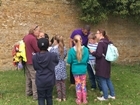
Budding farmer and CBeebies presenter, JB Gill, once of boy band JLS, has joined school children on a visit to a farm. JB Gill has visited the Game & Wildlife Conservation Trust (GWCT) Allerton project research farm in Leicestershire.
-
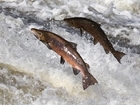
The University of Southampton celebrates World Fish Migration Day (WFMD) this month, while raising money for salmon research at the Game & Wildlife Conservation Trust (GWCT).
-
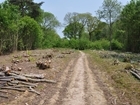
This June the Game & Wildlife Conservation Trust will launch a new Woodland Management training day in Leicestershire.
-
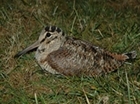
GWCT is encouraging birdwatchers across the UK to count their local Woodcock from now until 30 June.
-
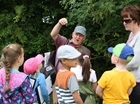
Next week sees the first of this summer’s school visits to the Game & Wildlife Conservation Trust’s (GWCT) research farm. Children from Holy Cross Catholic Primary School in Leicester will be visiting the Allerton Project at Loddington to explore the farm.
-
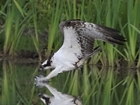
The fifth annual Julian Gardner Awards photographic competition is now open for entries. The Game & Wildlife Conservation Trust (GWCT) is calling on all amateur nature photographers to take part.
-

Budding farmer and CBeebies presenter JB Gill, once of boy band JLS, is preparing to enhance his farming skills on a visit to the Game & Wildlife Conservation Trust’s (GWCT) research and demonstration farm in Leicestershire.
-
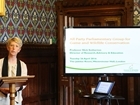
Angela Smith MP has expressed increasing concern about how the growth of digital communications is leading to an environment where Members of Parliament sometimes feel fear.
-
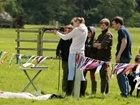
Two counties from the north of England - Lancashire and Cumbria - will come together in the spirit of friendly competition at the Underley Team Challenge on Saturday 28 May, in order to raise funds for the UK's leading wildlife research charity, the Game & Wildlife Conservation Trust (GWCT).
-
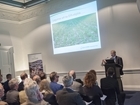
Special guest speakers include Angela Smith MP, who was involved in the debate on whether to add fluoride to water. She continues to take interest in countryside matters, recently serving as Shadow Minister for Environment, Food and Rural Affairs.
Get the Latest News & Advice
Join over 100,000 subscribers and stay updated on our latest advice, research, news and offers.
*You may change your mind any time. For more information, see our Privacy Policy.